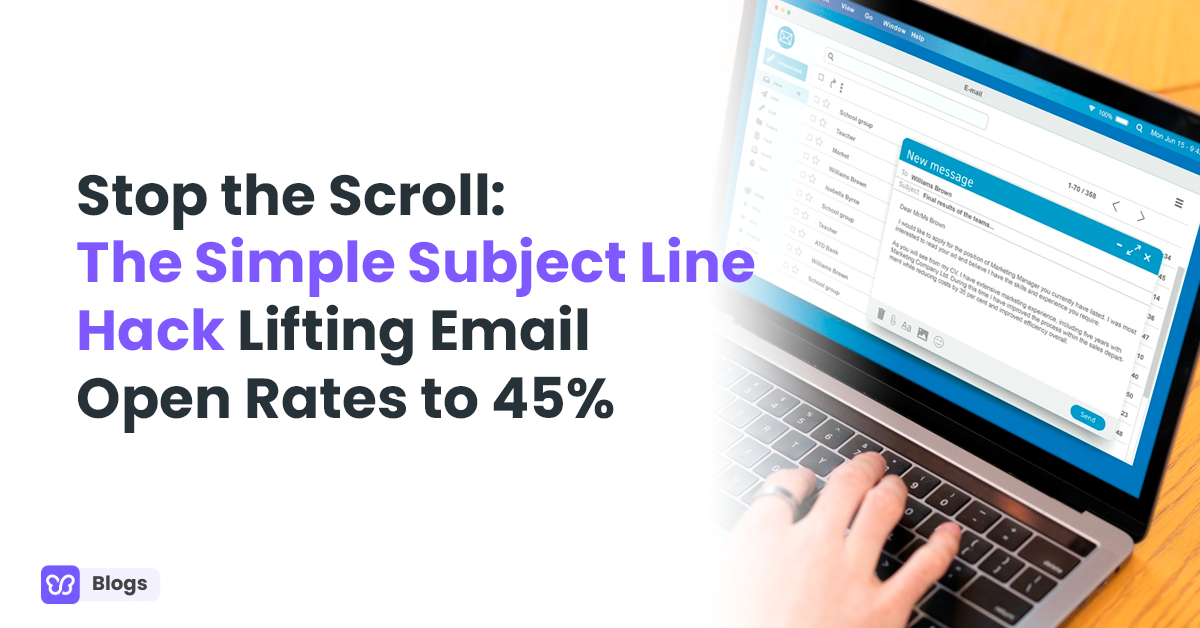The role of AI in identifying target audiences for holiday campaigns
AI plays a crucial role in identifying target audiences for holiday campaigns by leveraging advanced algorithms and data analysis.
AI can analyze vast amounts of customer data, including demographics, browsing behavior, purchase history, and social media interactions. By processing this data, AI algorithms can identify patterns, preferences, and characteristics that define specific target segments.
This enables marketers to use ai to understand their audience better and create highly targeted campaigns that resonate with specific customer groups.
Using AI algorithms to segment customers based on preferences and behavior
AI algorithms can segment customers based on their preferences and behavior by analyzing various data points. For example, AI can identify customers who have shown a preference for specific holiday products or have engaged with holiday-related content in the past.
It can also analyze customer behavior, such as browsing patterns, purchase frequency, and interactions with marketing campaigns. By clustering customers with similar characteristics and behaviors, AI algorithms can create segments that reflect distinct target audiences.
This segmentation allows marketers to tailor their messaging, offers, and promotions to each segment's specific needs and preferences.
Benefits of AI-powered targeting and segmentation in holiday marketing
1. Improved Relevance: AI-powered targeting and segmentation enable marketers to deliver highly relevant content and offers to specific customer segments. By understanding customers' preferences and behaviors, marketers can create personalized experiences that resonate with each segment, increasing engagement and conversion rates during the holiday season.
2. Increased Efficiency: AI automates the process of segmenting customers, saving marketers time and effort. AI algorithms can quickly analyze large datasets and identify segments, allowing marketers to focus on developing strategies and creative campaigns rather than manual segmentation tasks.
3. Enhanced Customer Experience: AI-powered targeting and segmentation enable marketers to provide a more personalized and tailored customer experience. By delivering content and offers that align with customers' preferences, marketers can create a seamless and enjoyable shopping experience, fostering customer satisfaction and loyalty.
4. Optimal Resource Allocation: AI-driven targeting and segmentation help marketers allocate their resources effectively by identifying high-value customer segments. By understanding which segments are most likely to convert and generate revenue, marketers can allocate their budget, time, and efforts accordingly, maximizing the value and the return on investment during the holiday season.
5. Agility and Adaptability: AI algorithms can continuously analyze customer data and adapt segmentations in real time. This allows marketers to respond quickly to changing market trends and customer behaviors, making adjustments to their holiday campaigns as needed. The agility provided by AI-powered targeting and segmentation enables marketers to stay relevant and competitive in a dynamic holiday marketing landscape.
In summary, AI-powered targeting and segmentation offer numerous benefits for holiday marketing campaigns. By leveraging AI algorithms to identify target audiences and segment customers based on preferences and behavior, marketers can deliver highly relevant content, improve efficiency, enhance the customer experience, allocate resources effectively, and maintain agility in their holiday marketing efforts.










